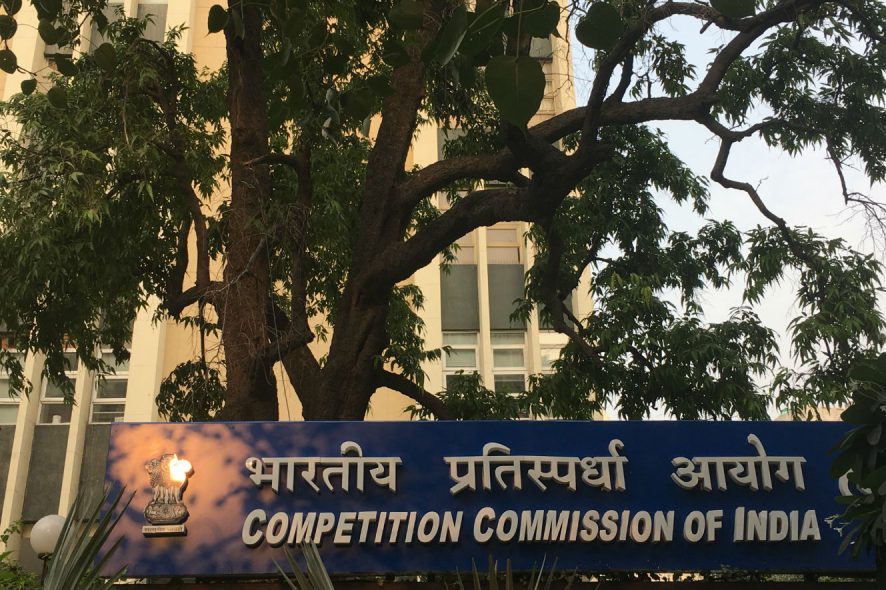Competition Appellate Tribunal (CompAT): CompAT, in want of material evidence, set aside an order by the Competition Commission of India (CCI) against Andhra Pradesh Film Chamber of Commerce (APFCC) for contravention of S. 3 of the Competition Act, 2002 (e.g. entering into anti-competitive agreements and cartels). CCI had imposed a penalty of Rs.12.89 lacs on APFCC for restricting exhibition of film produced by particular producer, for forcing its member to abide by its unfair rules and dictates. Rules 4(ii)(j) and 52(a)(ii) read with Rule 52(b) framed by APFCC were found by CCI in violation of S. 3 as they limit and restrict the producers for a period of three years from the date of obtaining Censor Certificate to distribute movies to TV channels and electronic media to telecast.
The informant had filed information alleging against certain claim settlement letters/circulars by APFCC, which had directed the informant to settle a money claim by one of the members of the association. The claim was regarding repayment of advance paid by the claimant to the informant for distribution of movie “Runn”. The letter had made a request to settle the matter to avoid any inconvenience with exhibition of movie “Mausam” produced the informant producer. However, the informant had not questioned the rules and issue relating to validity thereof was not been referred to by the CCI to the DG for investigation under Section 26(1) of the Act.
According the CompAT, there was no evidence produced by the informant to prove that APFCC had prevented or obstructed the release of film ‘Mausam’ on the scheduled date. Appellate Tribunal observed that CCI which was expected to objectively and independently analyse the facts and evidence collected by the DG during the course of investigation abdicated its duty and mechanically approved the findings recorded by the DG. It set aside the CCI order based on assumptions and not on evidences.
Further, CompAT declared the finding of DG on that DG on the validity of Rules 4(ii)(j) and 52(a)(ii) read with Rule 52(b) framed by APFCC as nullity and set it aside. Tribunal was of the view that the exercise undertaken by the DG to go into the validity of Rules 4(ii)(j) and 52(a) and (b) was per se without jurisdiction because the informant had not questioned the rules on the ground that the same are anti-competitive and thus ultra vires the provisions of the Competition Act. Tribunal did not approve of CCI’s compounding the jurisdictional error by approving the view expressed by the DG in relation to the particular rules. [Andhra Pradesh Film Chamber of Commerce v. Cinergy Independent Film Service, [2015] Comp AT 719, decided on 14.10.2015]






